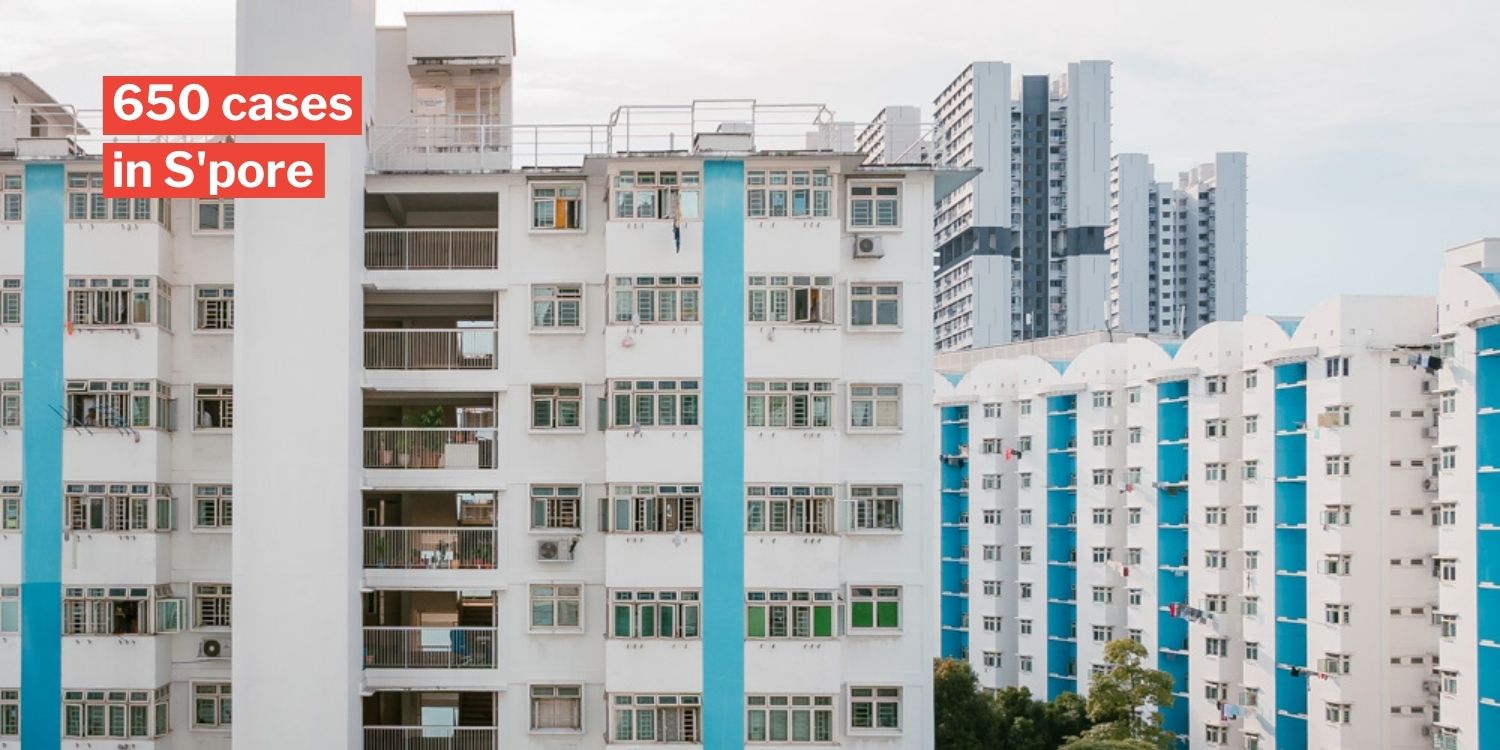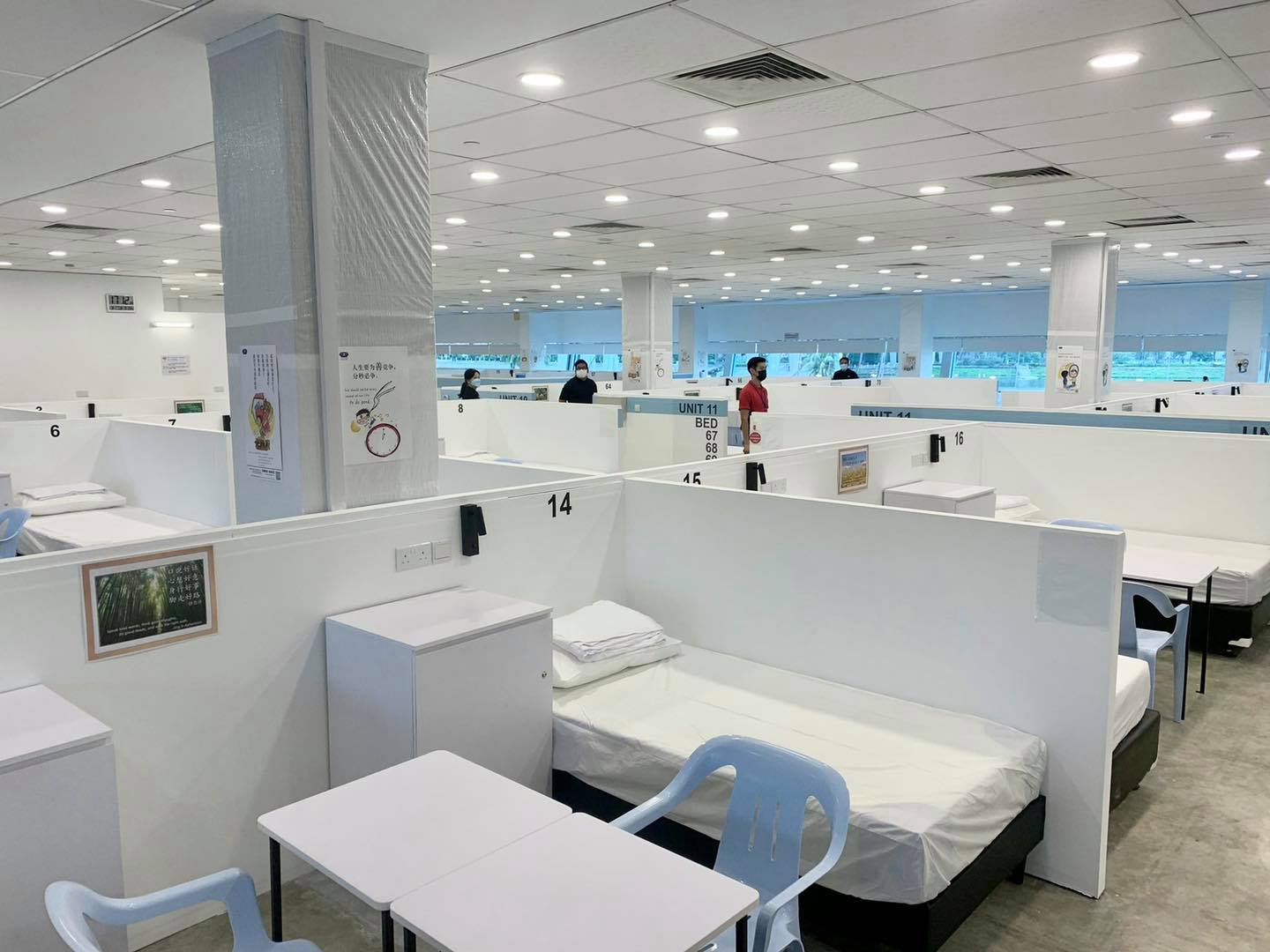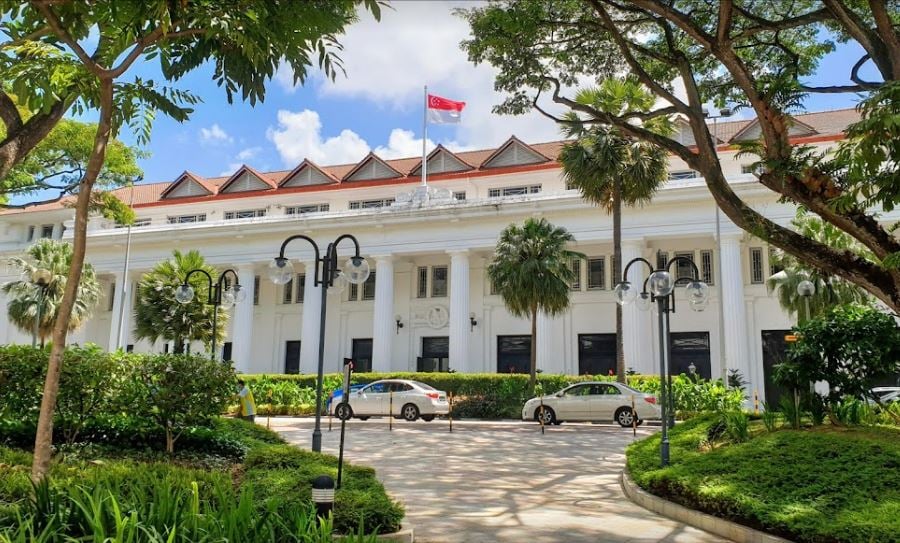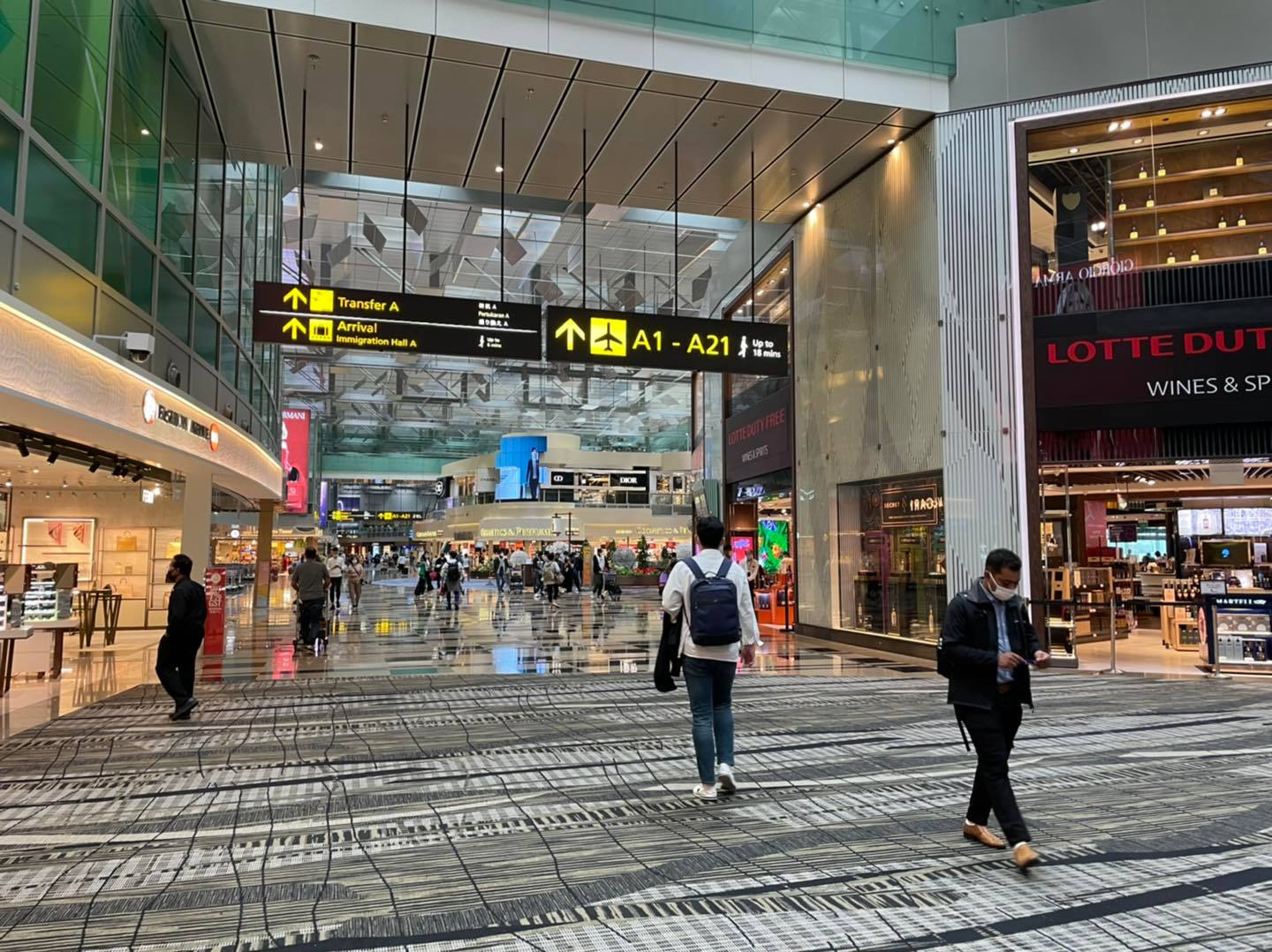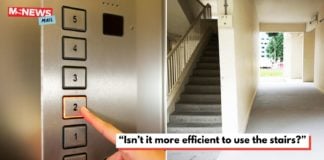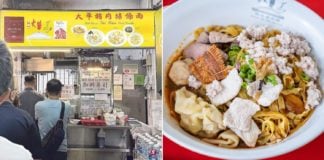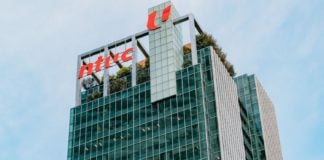No Omicron Cases In Singapore Required ICU Or Oxygen Support
The arrival of the Omicron Variant may have caused shudders up our spines, as Singaporeans fear more deaths from the disease.
But the Ministry of Health (MOH) has provided us with some assurance: Fewer severe cases are expected with Omicron, even if there’ll be more cases.
Hence, they’ll now allow home recovery for patients with Omicron, just like other Covid-19 cases.
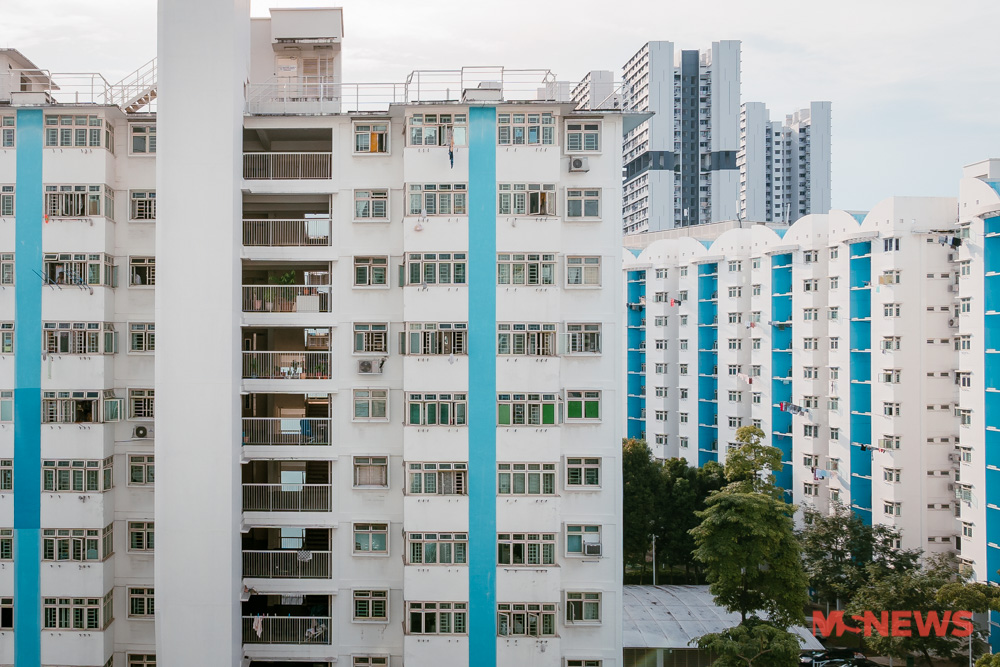
That means close contacts will also not need to serve quarantine.
No isolation in dedicated facilities for Omicron cases
In an update on Omicron on Sunday (26 Dec), MOH said the change was based on “updated understanding and international experience” of the variant.
Thus, they’ve decided to return to a single streamlined approach in handling Covid-19, no matter the variant.
Under the new protocols, Omicron cases won’t be isolated in dedicated facilities by default from Monday (27 Dec).
Instead, those who’re unwell will be placed under the Home Recovery Programme or managed at Covid-19 treatment facilities or hospitals.
This will be for a period of 10 days for the vaccinated or below 12, or 14 days for the unvaccinated.
Omicron cases who display no symptoms but test positive anyway will use Antigen Rapid Tests (ARTs) to test themselves and discharge themselves 3 days after they test negative.
No quarantine for close contacts
Previously, close contacts of Omicron cases were issued a Quarantine Order (QO) – just like those linked to The Vinyl Bar cluster.
Now, they’ll instead be issued a Health Risk Warning, meaning they’ll just need to test negative with an ART self-test before going out daily for 7 days.
This change in arrangement will allow resources to be focused on severe cases and vulnerable settings.
To that end, contact tracing will also go back to making use of TraceTogether data, self-reporting and ringfencing of vulnerable settings.
Omicron less severe, more transmissible
The easing of measures on Omicron cases is due to international evidence that shows that Omicron is likely to be less severe but more transmissible than the Delta Variant.
That also means that Omicron cases are less likely to show severe symptoms and need hospitalisation.
Vaccines and boosters also will protect people substantially against hospitalisation from Omicron, MOH said.
No severe Omicron cases in Singapore yet
MOH also revealed the good news that none of the Omicron cases detected in Singapore has been severe so far.
No local Omicron case needed to stay in the Intensive Care Unit (ICU) or oxygen supplementation.
However, this may be partially due to most of them being younger and fully vaccinated.
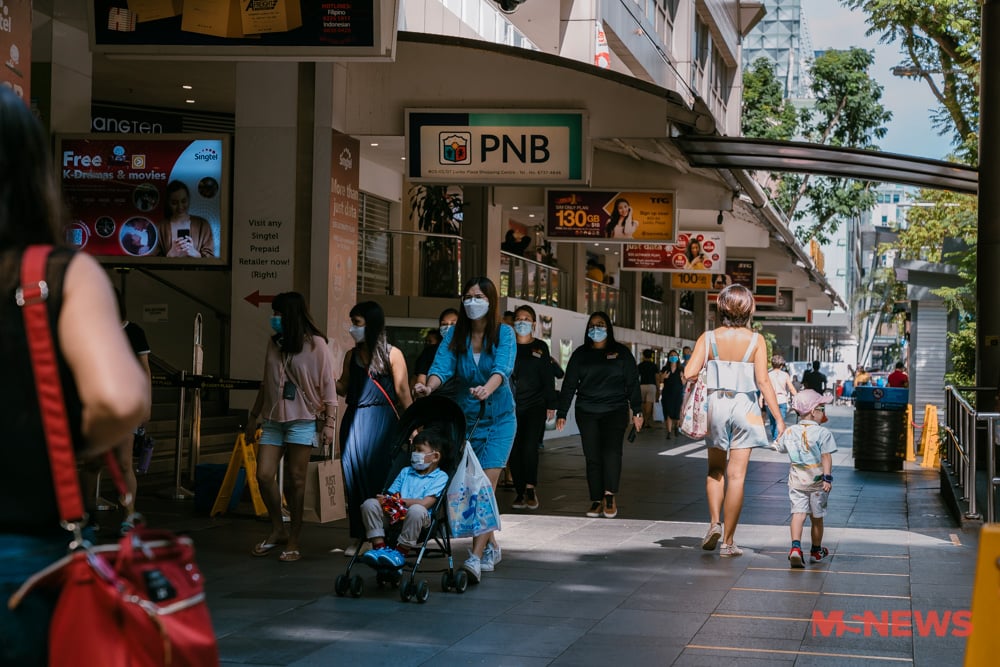
546 Omicron cases so far
As for the actual number, MOH said 650 Omicron cases had been confirmed as of Sunday (26 Dec).
516 of them – or 79% – are imported, while 134 are local.
Last week, 13 unlinked Omicron cases were also detected in the community, while 78 were from local linked community transmission.
This was “not unexpected”, said MOH, given the variant’s high transmissibility.
Travel ban lifted for African countries
When Omicron 1st emerged, Singapore tightened border restrictions for several African countries – including South Africa, where the variant was first found.
As “the Omicron variant has since spread widely around the world”, this travel ban will now be lifted, MOH said.
From Monday (27 Dec), travellers who’ve been to these 10 countries in the last 14 days will be allowed to enter and transit through Singapore:
- Botswana
- Eswatini
- Ghana
- Lesotho
- Malawi
- Mozambique
- Namibia
- Nigeria
- South Africa
- Zimbabwe
Unvaccinated not allowed back to workplace with PET
As MOH says vaccines still provide good protection against symptomatic infection, the Government will press on with their vaccination and booster programme.
To that end, unvaccinated people won’t be allowed back into workplaces, even with a negative Pre-Event Testing (PET) result, from 15 Jan.
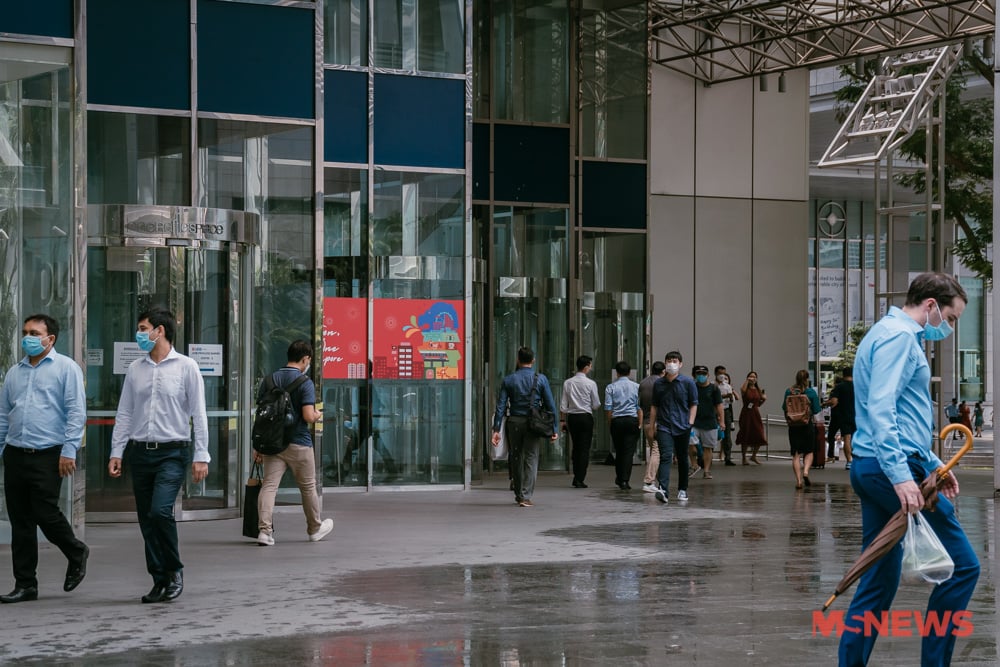
Those who’re partially vaccinated (i.e. received at least 1 dose of vaccine) will be allowed to enter with PET till 31 Jan.
This move will help protect the unvaccinated make workplaces safer, MOH added.
Vaccination required to apply for Singapore residency
The authorities would also like to keep the existing proportion of vaccinated people in Singapore high.
Thus, they’ll only allow vaccinated foreigners to apply for permanent residency, long-term passes, or work passes from 1 Feb.
Those who’re not vaccinated and have existing work passes won’t be allowed to renew them.
It’s already required for long-term pass holders to be vaccinated before entering Singapore.
Don’t let up on vigilance
While the Omicron Variant generated some concern across the globe, it’s good to know at least that it’s less severe.
Thus, the Government’s move to ease the protocols for such cases seems reasonable.
However, that doesn’t mean we should let up on our vigilance against any variant of Covid-19 – so do continue upkeeping personal hygiene and following appropriate safety measures.
Have news you must share? Get in touch with us via email at news@mustsharenews.com.
Featured image from MS News.

Drop us your email so you won't miss the latest news.
